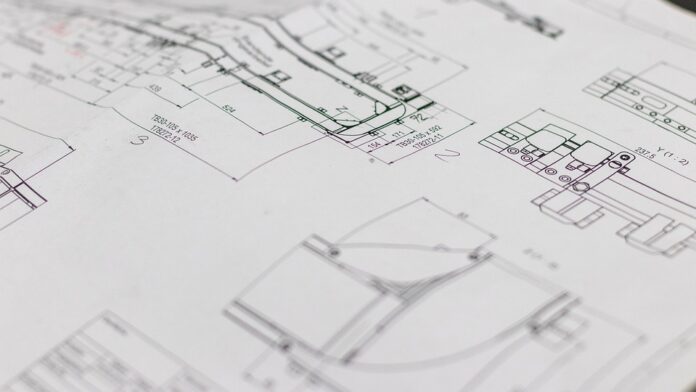In recent years, low carb diets have gained popularity for their potential health benefits, including weight loss and improved blood sugar control. If you’re considering trying a low carb diet, it’s important to have a well-rounded meal plan to ensure you’re getting all the nutrients your body needs. To help you get started, we’ve gathered some expert tips and food recommendations from dietitians.
One of the key principles of a low carb diet is to reduce your intake of carbohydrates, such as bread, pasta, and sugary foods. Instead, focus on incorporating more protein-rich foods, healthy fats, and non-starchy vegetables into your meals. Protein is essential for muscle repair and growth, while healthy fats provide energy and support overall health.
When planning your meals, aim to include a variety of foods from different food groups to ensure you’re getting a balanced diet. Dietitians recommend including sources of protein such as lean meats, poultry, fish, eggs, tofu, and legumes. These foods can help you feel full and satisfied, making it easier to stick to your low carb diet.
In addition to protein, make sure to include plenty of non-starchy vegetables in your meals. Vegetables are rich in vitamins, minerals, and fiber, which are essential for overall health. Some low carb vegetable options include leafy greens, broccoli, cauliflower, bell peppers, zucchini, and mushrooms. These vegetables can be enjoyed raw, steamed, roasted, or sautéed to add flavor and variety to your meals.
When it comes to fats, opt for healthy sources such as avocados, nuts, seeds, olive oil, and fatty fish like salmon and mackerel. These fats are rich in omega-3 fatty acids, which have been shown to have numerous health benefits, including reducing inflammation and improving heart health. Incorporating these fats into your meals can help you feel satisfied and prevent cravings for unhealthy snacks.
In addition to focusing on specific food groups, it’s important to pay attention to portion sizes and meal timing when following a low carb diet. Eating regular meals and snacks throughout the day can help stabilize blood sugar levels and prevent overeating. It’s also important to listen to your body’s hunger and fullness cues to ensure you’re eating in response to physical hunger rather than emotional cues.
Overall, a well-planned low carb diet can be a healthy and sustainable way to improve your health and achieve your weight loss goals. By incorporating a variety of nutrient-dense foods into your meals and paying attention to portion sizes and meal timing, you can create a balanced and satisfying meal plan that supports your overall well-being. Remember to consult with a registered dietitian or healthcare provider before making any significant changes to your diet to ensure it’s safe and appropriate for your individual needs.














